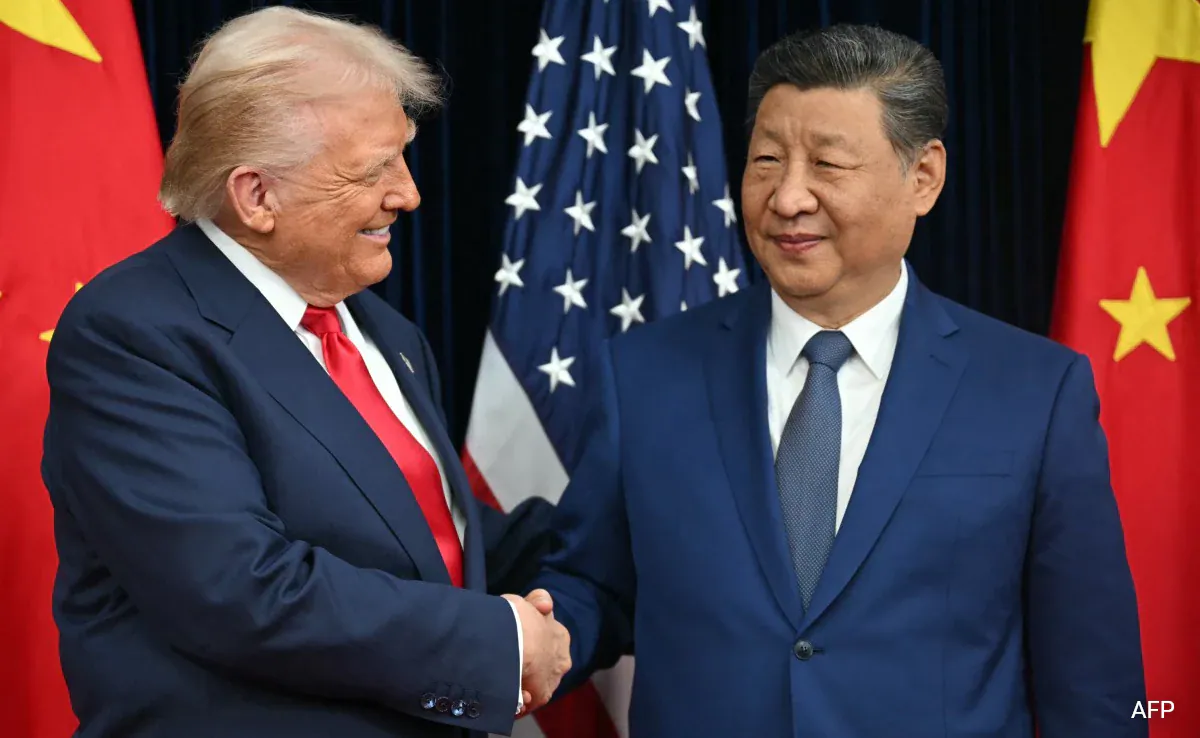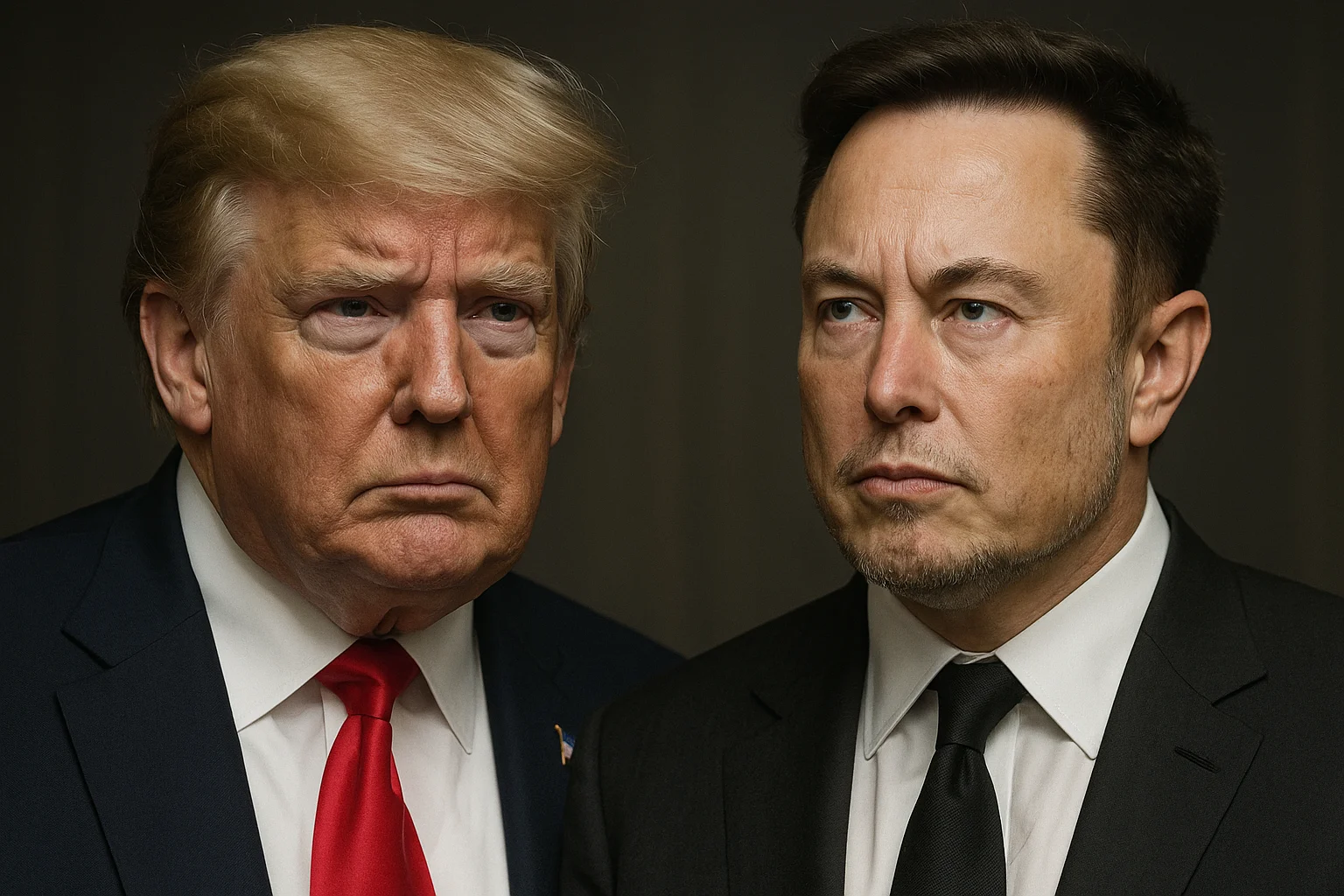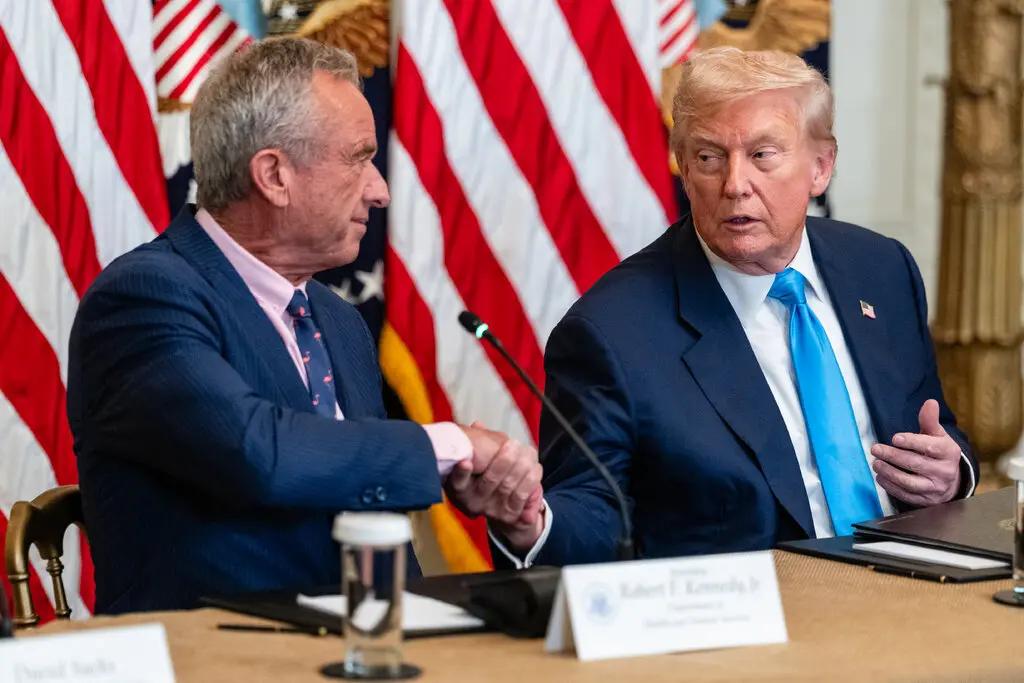Trump Says China to Delay Rare Earth Limits, Halve Tariffs Amid Rising Tensions
30.10.2025
A Breakthrough—or a Breather?
Returning from a tense summit with Chinese leader Xi Jinping, U.S. President Donald Trump announced on Thursday that China would postpone strict new export controls on rare earth metals for one year.
The move could temporarily ease fears across global supply chains, as these minerals are crucial for electronics, batteries, and defense technologies.
“China has agreed to delay the new limits for a year,” Mr. Trump told reporters aboard Air Force One. “It’s a good deal for both countries and for global markets.”
Tariff Reductions: A Tactical Adjustment
In a separate announcement, Mr. Trump said he would cut in half the 20% tariffs imposed on Chinese imports—measures originally aimed at pressuring Beijing to crack down on fentanyl exports.
The reduction will bring overall tariffs on Chinese goods down to about 47% from 57%, he added.
Trump emphasized the decision as a sign of progress:
“We’re getting results. China’s cooperating on fentanyl, and our farmers are going to feel the benefit,” he said.
Inside the Xi-Trump Summit
The meeting, held at a military base in South Korea, lasted roughly 90 minutes and was overshadowed by Trump’s separate announcement that the United States would resume nuclear weapons testing after more than 30 years.
Neither leader mentioned the nuclear issue during their talks, according to officials, but the atmosphere was notably more strained than in Trump’s meetings earlier this week with Japan, South Korea, and Malaysia.
China’s official readout of the talks avoided any mention of new trade deals, but emphasized that both sides must avoid a “vicious cycle of mutual retaliation.”
Beijing’s Perspective: De-Escalation Without Concession
According to China’s Ministry of Commerce, the two countries agreed to extend their tariff truce by one year, continuing a fragile balance first established in early 2025 after months of escalating tariffs that exceeded 100% on some goods.
The Chinese readout also confirmed that Trump would visit China next year, and that Xi had been invited to Washington.
However, it made no mention of Taiwan — a notable omission, given its usual prominence in China’s diplomacy.
Nuclear Testing and International Concerns
Trump’s announcement about restarting nuclear testing raised alarm among scientists and allies.
He later clarified that the tests would focus on delivery systems, not nuclear warheads, saying they would be “on an equal basis” with other nations.
“These are not nuclear detonations,” said Siegfried Hecker, former director of the Los Alamos National Laboratory. “It would take considerable time for the U.S. to conduct an actual nuclear test.”
The ambiguity, however, left some allies uneasy as global arms control frameworks remain fragile.
Shipping Fees and Trade Logistics
Trump also said he would postpone new fees on Chinese-built or Chinese-owned ships entering U.S. ports — a measure that had prompted Beijing to threaten reciprocal fees on U.S.-linked shipping companies.
Both sides reportedly agreed to suspend these maritime surcharges to prevent further disruption of global trade routes already strained by tariffs and semiconductor restrictions.
A.I. and the Blackwell Chip: What Wasn’t Said
While Trump confirmed that he and Xi discussed technology exports broadly, he clarified they did not discuss Nvidia’s Blackwell chip, despite earlier speculation.
“We talked about taking a lot of chips to China, but not Blackwell,” Trump said, suggesting that further talks would involve “Nvidia and China, with the United States as referee.”
The comment appeared to cool rumors that the White House might soon lift restrictions on A.I. chip sales to China, a move that has drawn bipartisan criticism in Washington.
A Fragile Reset
The outcome of the summit signals a temporary de-escalation in U.S.-China tensions.
Both nations appear eager to stabilize trade relations ahead of politically sensitive periods: Trump’s reelection campaign and China’s ongoing economic slowdown.
Still, analysts caution that the truce remains transactional and temporary.
“Each side got what it needed politically — but the deeper structural issues remain unresolved,” said Eleanor Harding, an Asia-Pacific trade analyst.




